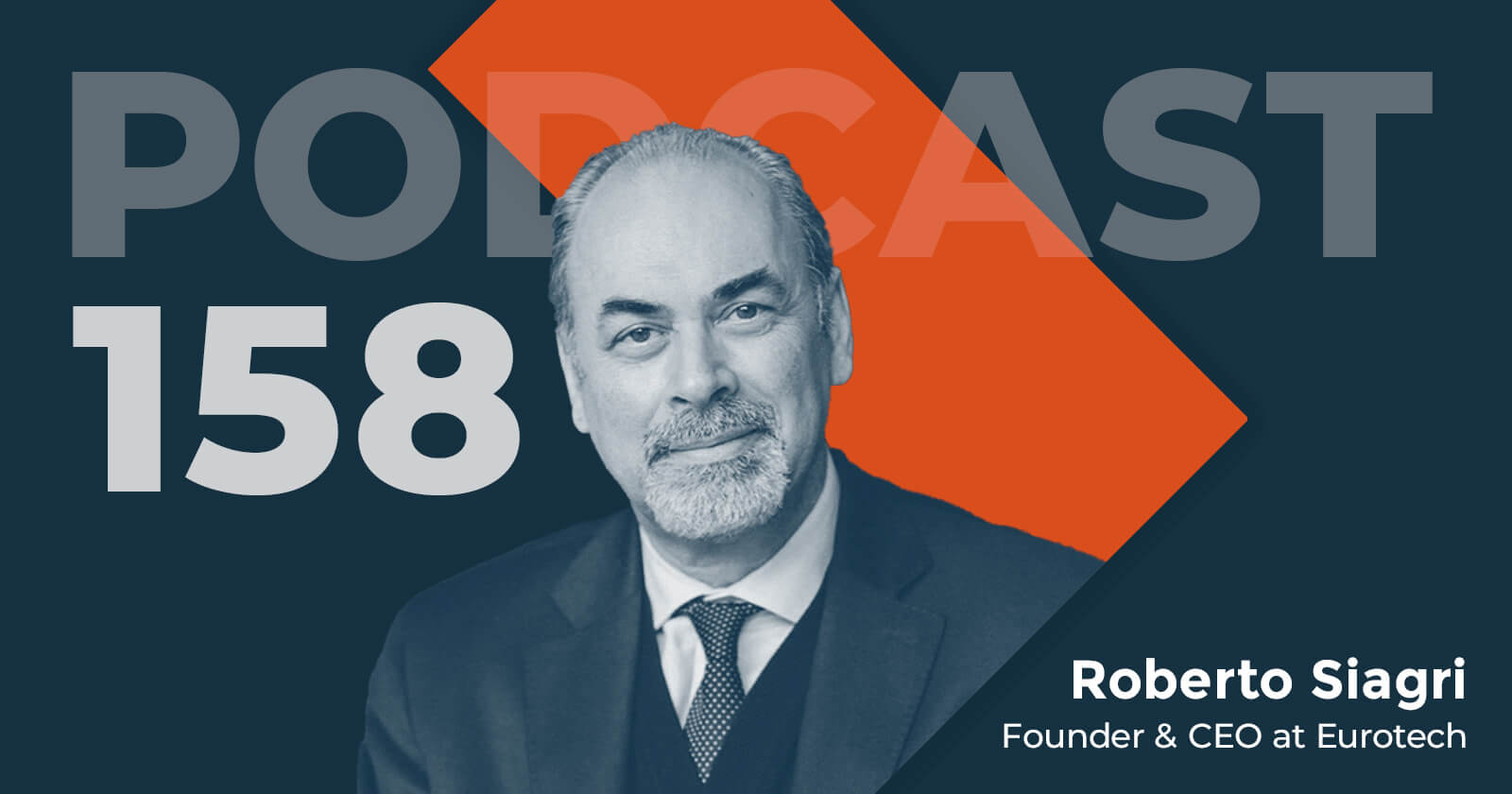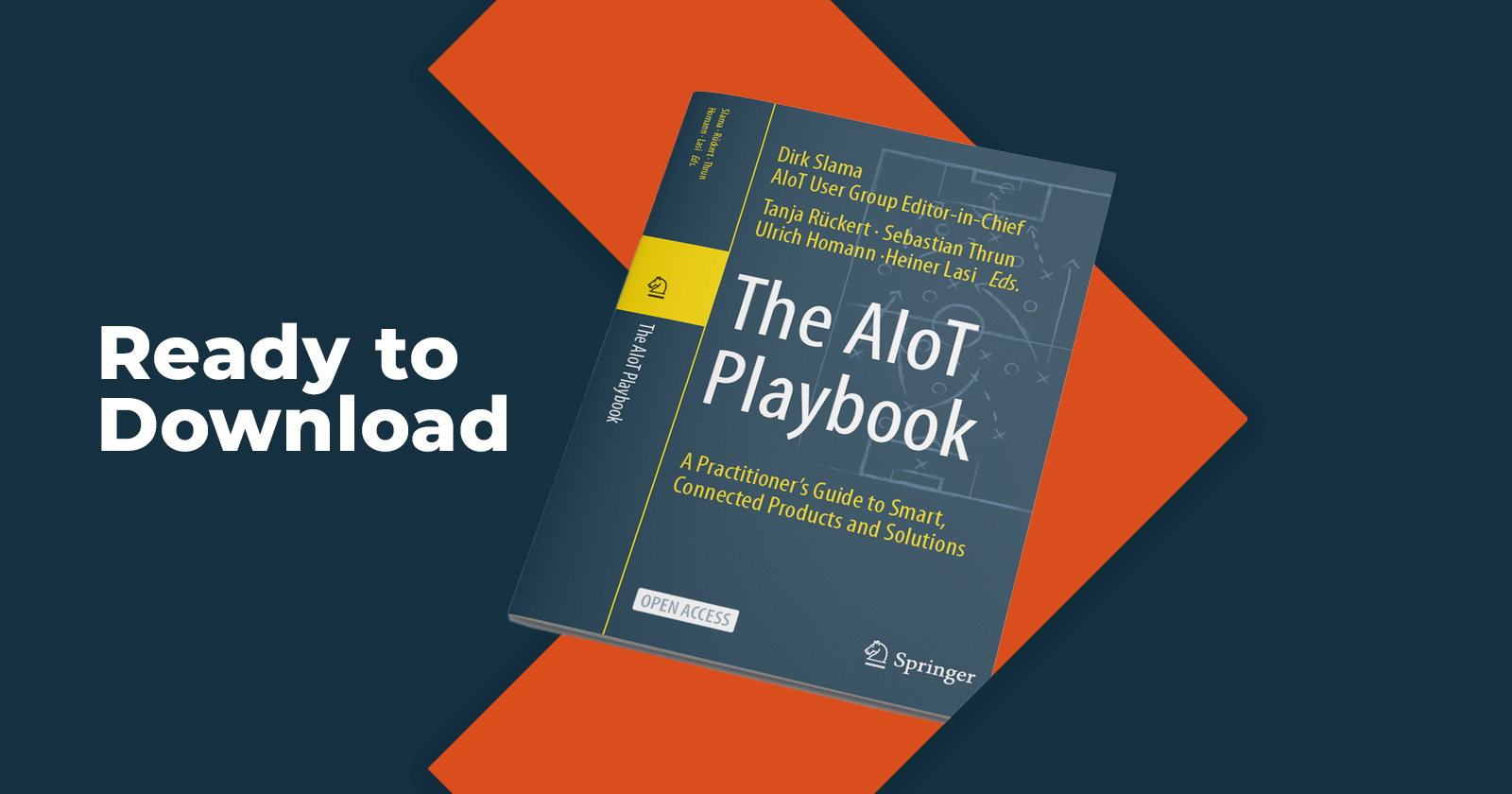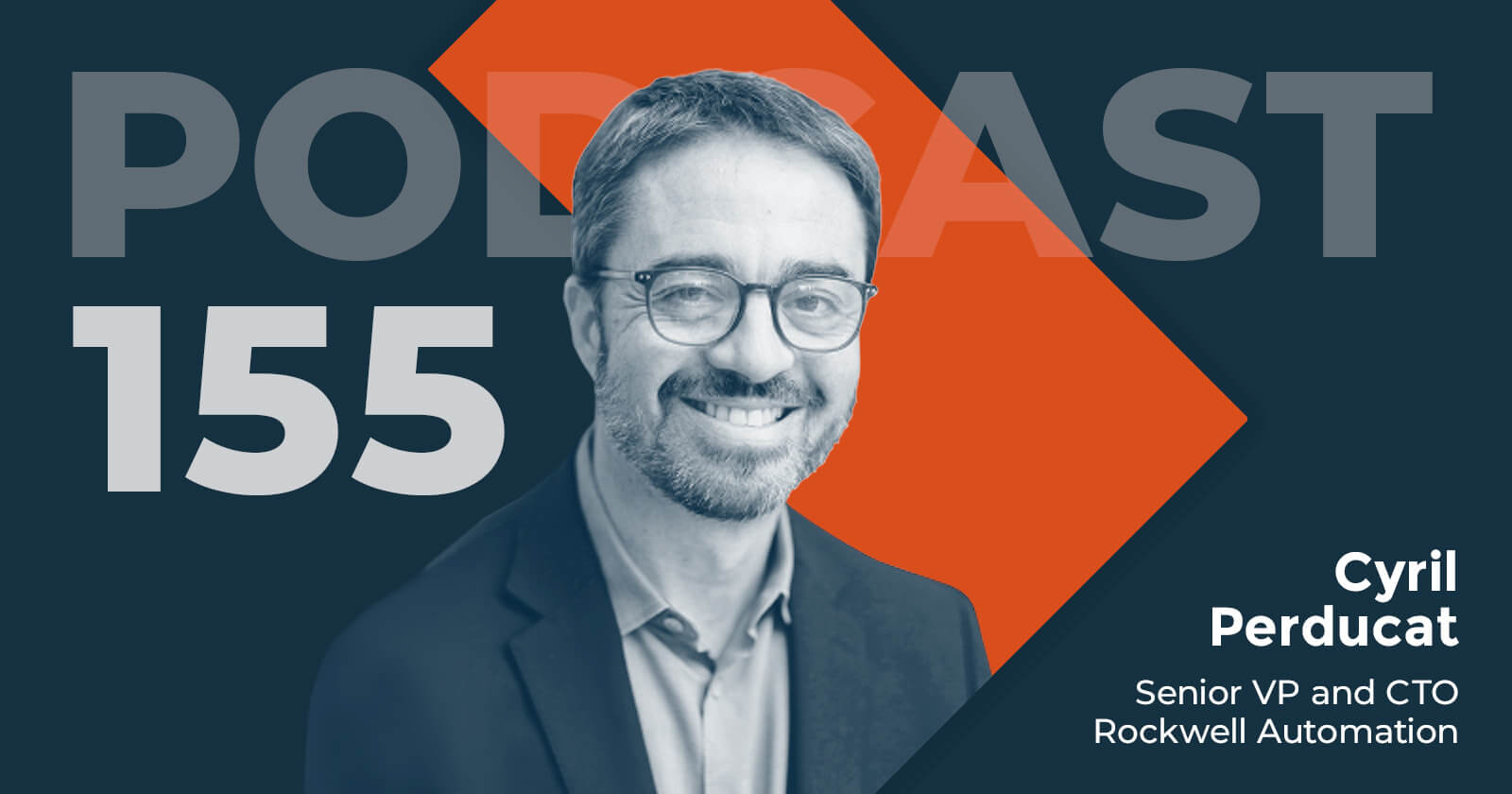Spotlight Series: Untethered: Exploring How Digital Technology Changes Everything
Ed Maguire

This series highlights the key insights and lessons from our Digital Leadership series of podcasts. We spotlight the important takeaways from our interviews in an accessible format. The following insights come from Dr. Julie Albright, a Digital Sociologist at the University of Southern California, Dornsife, Applied Psychology and Viterbi Engineering. She’s also a board member at Infrastructure Masons, and she is the author of a new book, Left to Their Own Devices. Stay tuned for the full podcast interview with Julie Albright, in the meantime, take a look at our full library of podcasts.
How did you decide to write this book, and what was the background that really inspired you to look at addressing so many of these topics, this impact of technology?
I started out with a counselling degree, and ended up with a dual doctorate in Counselling & Sociology over here at USC. During the course of my studies I started noticing people meeting online, they were chatting and starting romantic relationships in these chat rooms, and I showed it to my Dad. I said, ‘Dad, this is going to be huge’, and there were less than three percent of people on the Internet at that time. My Dad saw these words scrolling up on the screen, and he said, ‘Why would anybody ever want to do that?’ But I knew by the connections that people were making and what I was seeing, that it was just going to be gigantic.
Since then, over time I’ve studied this, I’ve written a number of book chapters and professional papers, conference presentations and whatnot on the topic of online relationships, really looking at how digital culture is changing society. And now all you have to do is walk out on any street corner, you’re going to see people with their heads bent looking at phones, on social media, texting or whatnot. It has really become so much more than even I imagined at the time, it’s even more than mainstream, it's reshaping society.
Let’s talk about this concept of being untethered, this is a word that you use a lot in the book, but what does it mean to be untethered?
The book is centered on this notion of coming untethered, and the idea is that digital natives now compared to prior generations, let’s say baby-boomers and before, are unhooking from traditional social structures and processes, things like getting married, or buying a home, or buying a car, or being in a long-term career for years, and years, and years. Things that other generations might have done routinely, going to church, joining a political party for example. Younger digital natives are unhooking from these things in droves, and are hyper-attached to digital technology, and that’s the concept of coming untethered, and that’s the idea that’s read throughout this book. I look at various sectors of life to see how its changing.
What does it mean to be untethered from relationships, what are the implications of becoming untethered in the way that people interact with one another?
In terms of coming untethered from let’s say marriage and family, for example. These are stabilizing structures, and one of the things that really prompted me to write this book, I’m on the front lines here at the university, and I have noticed over the years that we have this escalating mental health crisis if you will, anxieties are up, depressions are up, and things like that. About a quarter of young people are on some kind of psychotropic medication now, and I thought, ‘What is going on here? Obviously things are changing’. If we look back at the early sociological studies back to Durkheim, which is one of the cornerstone thinkers in sociology, the idea is that these kinds of social structures, be it church, or be it family and marriage are stabilizing, and they contribute to people’s emotional and physical health in ways that would shock you in fact.
Well this is also playing out in the way that people structure their work lives, and the way they organize how they live as well. Could you talk about how that’s evolved, and how the relationship between say employers and employees has changed too, what you’ve identified is that the digital technology is also having a big impact on us as well?
If you think about it, these digital natives becoming untethered, they’re pulling up roots. If you go back to the golden age of the family which sociologists point to post World War II for example, the big goal of these folks coming back after the war with the GI Bill and all, was get that stake in the American Dream. Put down those roots, buy that home in the suburbs, start your family, have a family wagon out in the driveway that you proudly showed off to the neighbors, have a dog, and go to that job every day that maybe you were there for 35 years. This was the routine way of living.
But now, think about it, pulling up the stakes of first of all not getting married, pulling up the stakes of not buying a home, pulling up the stakes of not having children. You suddenly are free to float about, or to live untethered, and that’s also then impacting the workforce, because there’s notion of, ‘Well, I can work on my laptop at Starbucks, why do I have to come into an office?’ And the thing about that is, it’s really posing some serious challenges for managers, because they don’t know quite how to manage this untethered generation, and managers are having different reactions to this. They’re saying, ‘You need to get back in here’, like IBM, they’re saying, ‘Get back in here and work shoulder-to-shoulder with your comrades here at the workplace, or you’re going to be fired’, that’s one approach.
The other approach is the folks that are working for WordPress Auttomatic, they’re saying, ‘Well nobody’s coming into the workplace here so, we’re going to sell the office’, and they sold their building, and now everyone is working remotely. This is really a liminal period where we don’t quite know how to handle these things yet, and managers are struggling with keeping team cohesion and things like that, amongst the remote untethered workforce.
You mentioned that there is a distinct generational shift, but do you think that what you’re observing, this becoming untethered is it purely a matter of the technology or is there something else in the zeitgeist that happens to affect this cohort. Or, do you see a broader impact of these technologies that go beyond just the generation where the behaviour changes are most obvious?
Well, I think you have to look at a couple of things, obviously there’s the backdrop going on, I don’t think it’s only the technology. In some cases, the technology is driving the behavior, and in some cases the technology is the response to other factors that are going on in the world. You’ve got this backdrop in other words of an economic reality that they came to understand where things that maybe other generations thought were stable, they grew up thinking they weren’t as stable, divorces were high as another factor. So when the technologies came about, I look at it as a double-helix of DNA that you’ve got these two strands, you’ve got behavior and you’ve got technology, and they’re intertwined, and that technology is shaping behavior, and behavior is then also shaping technology and how it’s used.
At the bottom line, we’re social creatures, we have to be involved social creatures or we would have died out as a species, so we have this tendency towards wanting to be social, wanting to be together, wanting to see what other people are doing, wanting to be involved in each other’s lives. That’s just our nature, and the technology enables that, it enables to view into people’s lives that prior would be kind of sight unseen, you can peek behind the curtain now on people’s lives.
In a sense the technology stepped in when the uncertainty was already afoot for those growing up as digital nomads, and its stepped in and filled a different kind of void. But again, the new behaviors, the new values that we’re talking about that are emanating out of this digitally connected world are not solely contained within the millennial generation, they’re also starting to impact older generations, and of course younger who are growing up immersed in a world where not only is there always an Internet, but there always was mobility. Now we have babies growing up with iPads, and smartphones, and acquiring digital skills before they acquire language, which is reshaping and orienting their neural pathways, this is creating a whole new brain for these kids for example, and the outcome of bringing kids up on digital will still remain to be seen.

Momenta Partners encompasses leading Strategic Advisory, Talent, and Investment practices. We’re the guiding hand behind leading industrials’ IoT strategies, over 200+ IoT leadership placements, and 25+ young IoT disruptors. Schedule a free consultation to learn more about our Connected Industry practice.



